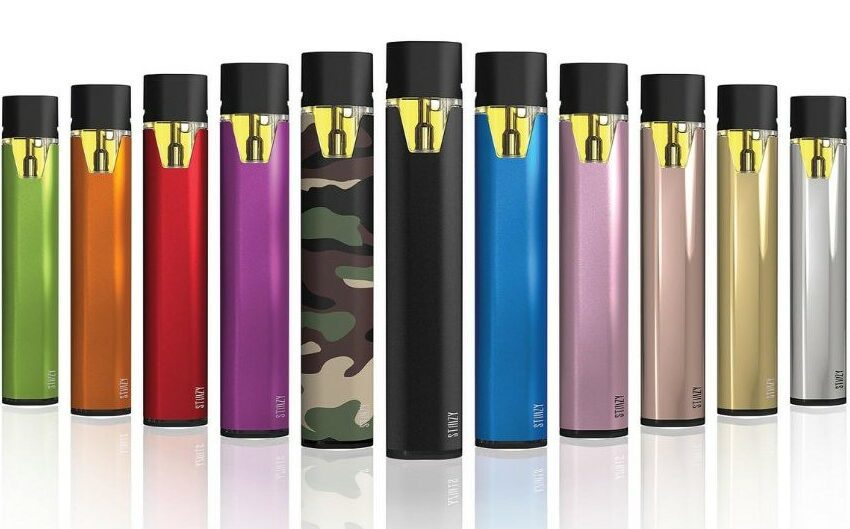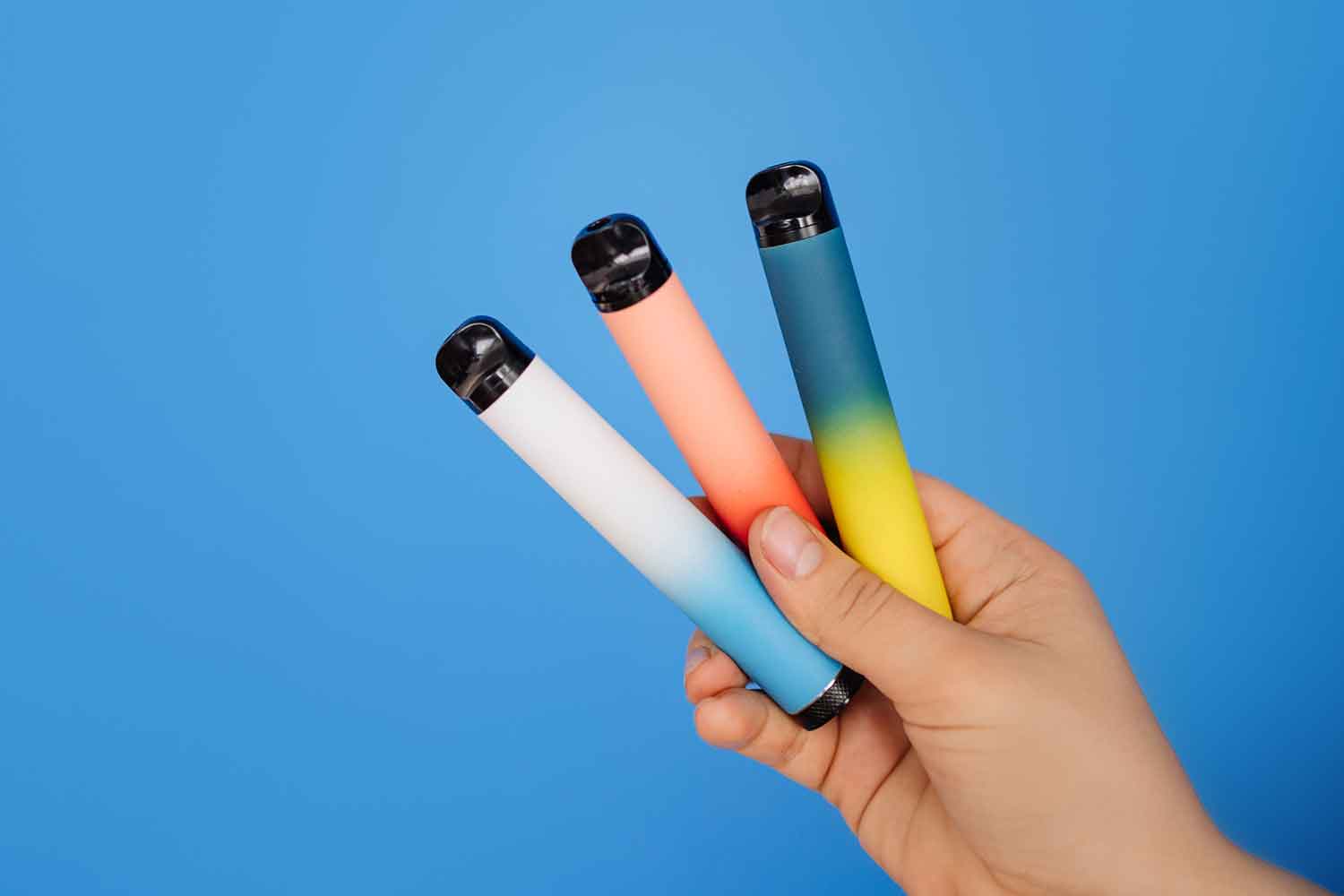Chemular and IGEN have formed a strategic alliance to create a new Compliance as a Service (CaaS) platform focused on streamlining the burden of compliance to small-sized and medium-sized companies who need turnkey solutions for Prevent All Cigarette Trafficking (PACT) Act, excise tax reporting and registration services.
“The time and effort required to stay compliant with federal, state and local laws is increasingly burdensome for small-[sized] to mid-sized companies in regulated categories,” said Jason Carignan, chief commercial officer of Chemular, in a statement. “Except for larger players, most companies don’t have a dedicated compliance officer who can ensure every regulatory detail is addressed so their products can stay on the market—especially in industries like ours, where the rules change rapidly. Chemular, now powered by the IGEN backbone, will be able to significantly scale its turnkey compliance service offering to a growing portfolio of tobacco manufacturers and distributors.”
In addition to saving time, utilizing the new CaaS platform can provide regulated companies with many other benefits, according to a company press release, including: streamlined remittance and reporting for excise tax, PACT Act, state registrations, and license capture; optimized growth opportunities by allowing employees and leadership to focus on what they do best: developing products and services; avoiding penalties with scaled compliance efforts that easily adapt to new markets with potentially different laws and regulations as the company grows; and reducing risk by monitoring real-time data and evolving regulations while establishing automated procedures that can minimize errors and detect fraud.
Failure to adhere to compliance guidelines can be costly for companies, leading to large fines and expensive sanctions, regulatory scrutiny and loss of trust in the marketplace. In some cases, noncompliant companies can have their products removed from store shelves, giving space to competitors who were able to better adjust to changing regulations.
“Compliance can be a long-term strategic advantage, yet most emerging businesses don’t have the resources and expertise to keep up with the growing complexity in regulatory requirements,” said Ryan Padget, president of IGEN. “We’re excited to bring our technology to Chemular, whose clients are regularly faced with regulatory hurdles, like PACT and excise tax reporting. This is just the beginning for our partnership—one that we see as a win for the industry as a whole.”
Along with this announcement, the Chemular and IGEN teams will be appearing at the tobacco industry’s largest trade show, TPE24, providing resources and education to the show’s retail attendees. Chemular will be hosting the “Fortify Your Future” educational sessions of the show from Jan. 30, 2024, to Jan. 31, 2024, and will be available to speak with attendees at their second-floor meeting room located next to the educational session.
Companies interested in becoming compliant or streamlining their current processes can visit www.chemular.com for more information.
























